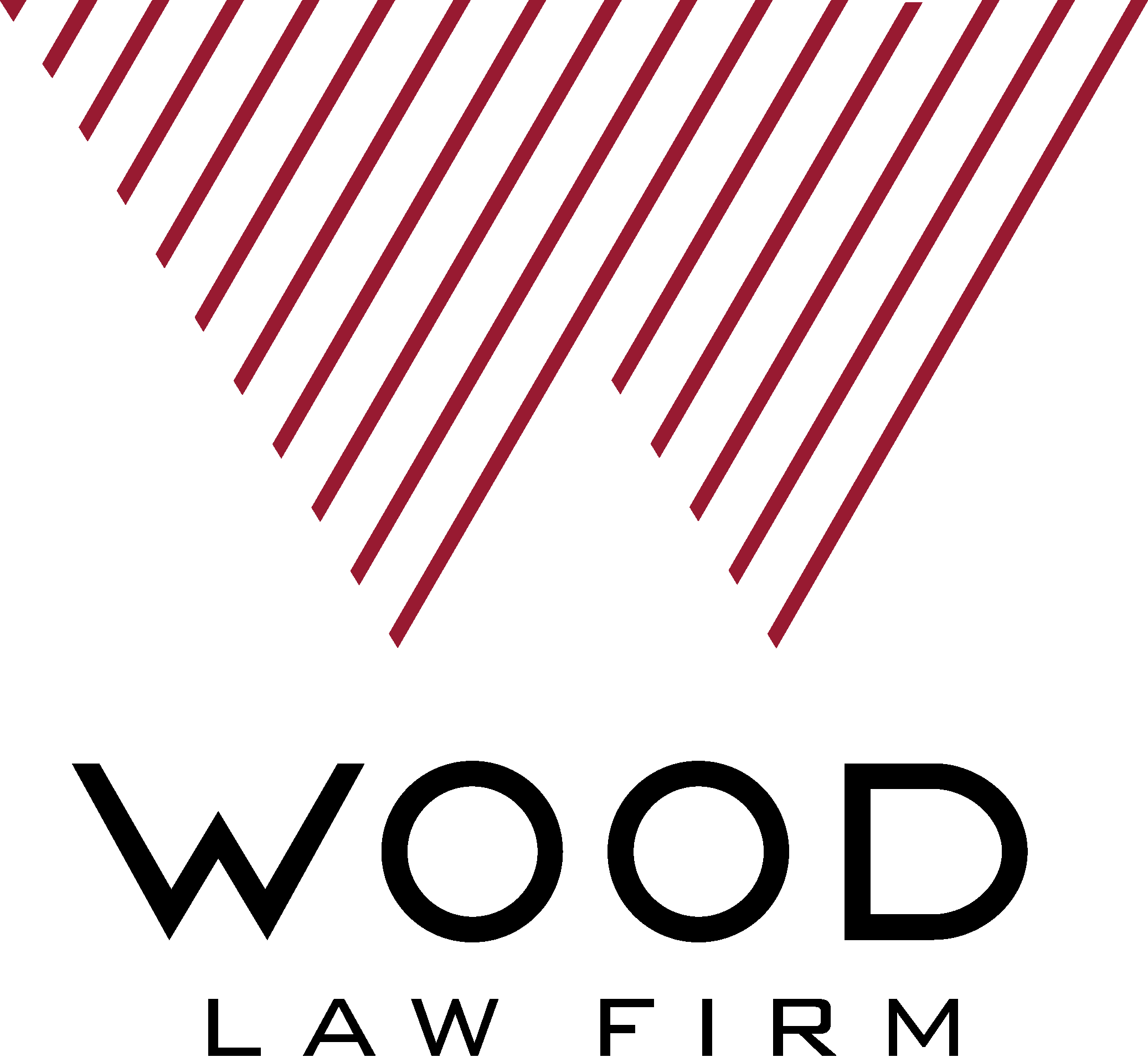Government Fraud / Qui Tam

Government Fraud – Fraud That Hurts Us All
The False Claims Act
The False Claims Act permits whistleblowers to bring lawsuits against those who are defrauding the federal government. These lawsuits are called qui tam law suits, an abbreviation of the Latin phrase qui tam pro domino rege quam pro se ipso in hac parte sequitur, or “he who sues in this matter for the king as much as well as for himself”.
The False Claims Act prohibits make submitting a payment or reimbursement claim known to be false or fraudulent; making or using a false record or statement material to a false or fraudulent claim or to an obligation to pay money to the government; or concealing, improperly avoiding or decreasing an ‘obligation’ to pay money to the government.
Fraud on the government can take many forms including:
- Health care fraud – overbilling, unnecessary treatments, manipulating treatment data.
- Student loan fraud – falsifying enrollment records, targeting unqualified students with fraudulent promises.
- Government contractor fraud – overbilling, furnishing defective products, failing to provide services.
- Pharmaceutical fraud – manipulating pricing, unnecessary prescribing.
- Import/export fraud – failing to pay, or unlawfully seeking to avoid import duties.
The Whistleblower can often receive a percentage of the government’s recovery, typically ranging from 15%-30%, depending on if the government pursues the case.
The False Claims Act also prohibits retaliation against the whistleblower, protecting the whistleblower from being discharged, demoted, suspended, threatened, harassed, or discriminated against in any other manner because of the whistleblower’s disclosures or participation in a qui tam suit.

